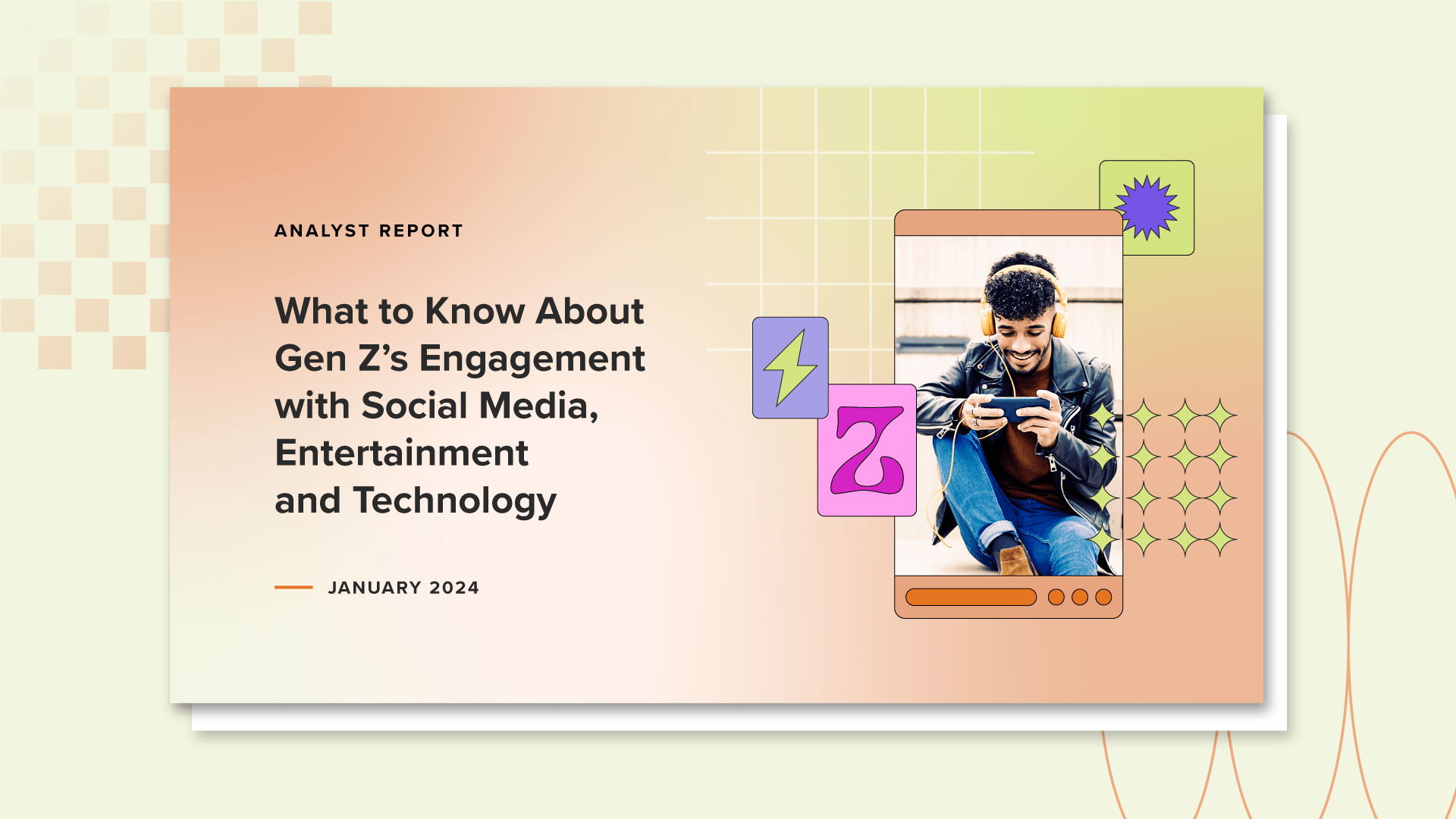The Secret to Keeping Young Adults on Facebook Is Marketplace

Key Takeaways
Nearly one-quarter (23%) of 18-to-34 year olds who use Facebook say they use Marketplace at least once a day.
Young adults are most likely to buy furniture (33%), personal electronics (32%) and clothing (31%) on Marketplace.
This group uses a broader range of resale platforms than others, including Etsy, OfferUp and Depop.
Data Downloads
Pro+ subscribers are able to download the datasets that underpin Morning Consult Pro's reports and analysis. Contact us to get access.
For anyone that spent their youth browsing suburban garage sales, Facebook Marketplace feels like familiar, well-trodden (in $1 thrifted shoes of course) territory. The peer-to-peer resale platform is a virtual space where people can browse through a variety of items as they once did in neighbors’ driveways, ranging from the standard clothing and furniture to unique or even outrageous finds like an authentic McDonald’s Playplace, which will set you back a cool $10,000.
While Facebook has struggled to connect with younger consumers in recent years, Marketplace has emerged as a promising opportunity to bridge that gap. By tapping into the appeal of thrifting and sustainable shopping, Facebook Marketplace offers younger, tech-savvy generations a convenient platform to find hidden treasures and make extra cash, all while fostering a stronger connection with this elusive demographic. Morning Consult data reveals who exactly is using Facebook Marketplace, what they’re buying and selling and why.
Young adults are Facebook Marketplace’s core users
Gen Zers may not be using Facebook as frequently as other generations, but there’s a key feature that looks to be drawing them in: Facebook Marketplace. One in 5 Gen Zers who use Facebook say they use Marketplace at least once a day.
But Gen Zers aren’t the only frequent users. The reality is that use of Marketplace is likely more driven by lifestage than generation. The coveted consumer group of 18 to 34 year olds, in the early stages of adulthood, are really the most avid users of Facebook Marketplace. This group blends the nostalgic love that millennials have for Facebook (the platform holds an impressive 61 percentage point net favorability amongst millennials, the highest of any generation) with the digital fluency of Gen Zers. And, most importantly, they are also looking for cost-effective ways to build their wardrobes, furnish their homes and perhaps make some money from selling the things they no longer need.
Nearly one quarter of young adults who use Facebook use Marketplace daily

Notably, Marketplace is not the most common use case for Facebook amongst this group — they are more likely to say they use the platform for staying connected with loved ones and up-to-date on current events, pop culture and brands, but they’re more likely than all other age groups to say they use Marketplace, as well as buy-nothing groups (where participants gift all types of items).
For young adults, price is just one aspect of the Marketplace value equation
When young adults visit Marketplace, the items they seek and eventually purchase offer some insight into the group’s motivations for using the platform. The first is certainly cost — as this consumer group begins furnishing their own homes, they turn to the social platform to find big-ticket items like furniture and cookware without paying retail premiums.
However, it’s not just the cost that’s driving them, it’s also the promise of finding something unique. Adults ages 18-34 are 12 points more likely than adults in general to say that finding one-of-a-kind items is a positive aspect of Marketplace. So perhaps it’s not just about getting a brand-name couch at a discount price, it’s about curating a living space that expresses their individuality, and likely looks good on their social media feeds.
Young adults are most likely to buy furniture and to sell personal electronics

Similarly, clothing and shoes are items that are frequently sought, reflecting both the desire for cost savings and unique finds. But this also reveals another driver, which is the aim to reduce waste, given young adults’ keen knowledge of the impact of the fast fashion industry on the planet. In general, these consumers are more climate-conscious than their older counterparts, and they’re at least 12 points more likely than adults in general to say that both being less wasteful and more environmentally-friendly is a benefit of buying items on Facebook Marketplace.
Young adults who choose to sell on the platform are listing slightly different items — notably they’re less likely than the general population to sell furniture, home decor and tools, likely because they’re just building their own collections in those categories. Rather, they’re most likely to sell personal electronics, followed by clothing and shoes. Those who sell are most likely to say they’re doing so to make money, but they’re also more likely than others to cite the benefits of community and environmental impact than others, suggesting a breadth of motivators to participate.
Facebook Marketplace may face competition from other peer-to-peer platforms
While young adults are most engaged with Facebook Marketplace, they’re no more likely than adults in general to say it’s their preferred platform to buy and sell. That title goes to eBay, though they favor the resale stalwart less than others age groups — instead, they engage with a broader range of platforms, most notably Etsy, OfferUp, Depop and Poshmark.
Concerns about safety and scammers detract from an overall positive perception of Facebook Marketplace

Reasons for this may be related to the elements of Facebook Marketplace that young adults find less appealing — for example, the possibility of scammers, safety concerns about meeting up with sellers or buyers, or the logistics of coordinating such a meetup. Facebook has aimed to address some of these concerns, for example educating users about how to recognize a scam, and could help further assuage these worries by highlighting additional safety features, like using online payments directly in the platform.
The ecosystem of resale platforms is broad for young consumers, and as they continue to prioritize unique finds and sustainable shopping at a reasonable price, the category will likely remain highly relevant.
Lindsey Roeschke is an analyst whose work focuses on behavior and expectations of consumers in the travel & hospitality and food & beverage categories, particularly through a generational and cultural lens. Prior to joining Morning Consult, she served as a director of consumer and culture analysis at Gartner. In addition to her research and advisory background, Lindsey has more than a decade of experience in the advertising world. She has lived and worked in seven cities across four continents.


